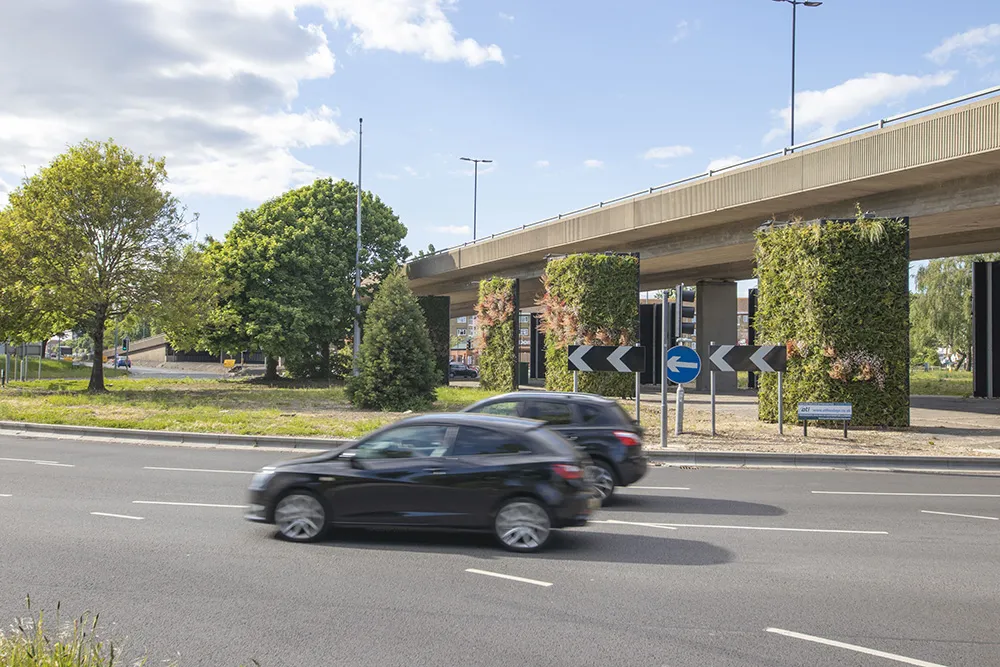Amey, together with RACE, have secured funding from Innovate UK to build a prototype autonomous vehicle and test data collected from its sensors, which aims to transform current urban services and deliver safety benefits to our people.
The vehicle will be built as part of the Connected Autonomous Sensing Service Delivery Vehicles (CASS-DV) study and will undertake tasks currently completed manually such as grass cutting and street cleaning. The vehicle will simultaneously provide real time data through
April 13, 2017
Read time: 2 mins
The vehicle will be built as part of the Connected Autonomous Sensing Service Delivery Vehicles (CASS-DV) study and will undertake tasks currently completed manually such as grass cutting and street cleaning. The vehicle will simultaneously provide real time data through sensors on the surrounding environment that it drives around including: the condition of street furniture, bridges or even the road surface. Other information which could be gathered from sensors includes environmental factors such as air quality and vegetation growth.
If the 15 month CASS-DV study is successful, it could see autonomous vehicles delivering a whole range of urban maintenance activities across the UK and will remove risk and improve the safety of people completing tasks in high risk areas.
The vehicles will be tested at Culhum Science Centre in Oxfordshire which is set to become a major test and validation site for the vehicles. RACE’s knowledge and network of autonomous vehicle providers will form the basis for the development of the CASS-DV study. RACE is also able to contribute its strengths in engineering and software development through their centre of excellence in robotics and autonomous systems.









